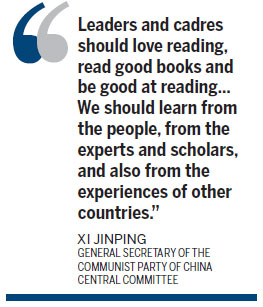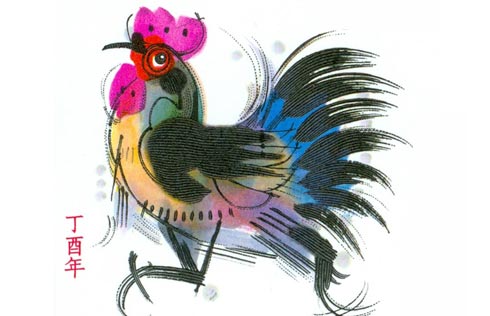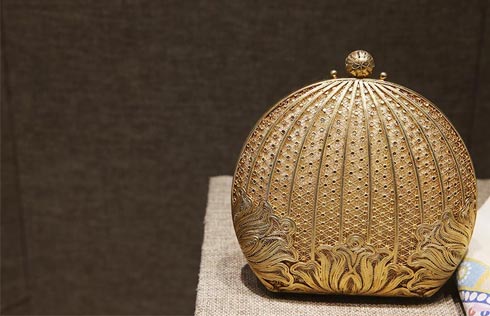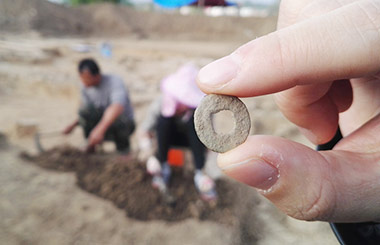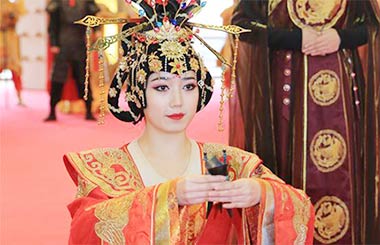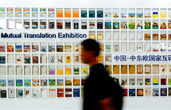Books help turn a new page
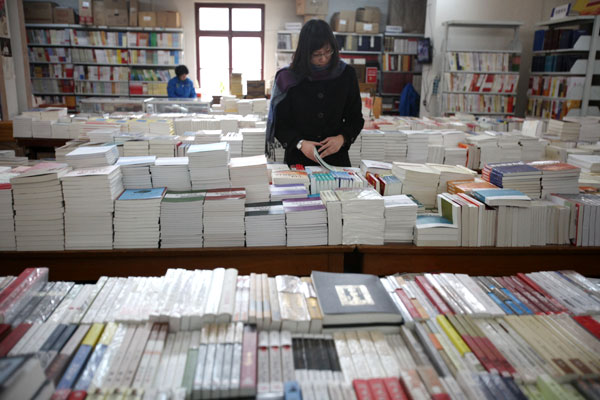 |
|
Inside the bookshop of the CPC's Party School. [Photo by Wang Jing / China Daily] |
Related: Former leaders' libraries
Great works of literature guide officials in formulating policies for the future, reports Tang Yue in Beijing.
Among Beijing's 100-plus bookstores, one of the most important is also one of the smallest and least prepossessing.
In the rather shabby, old bungalow of around 60 square meters, there is no electronic signboard, so the "recommended" and "bestseller" lists are handwritten.
But located inside the Party School of the Central Committee of the Communist Party of China, where the country's leaders-in-waiting are trained, the bookstore helps to shape the minds of the political elite and therefore plays a part in determining the country's future.
There is no way visitors can miss a conspicuous advertisement at the entrance. The notice is written in the traditional style with a brush, and the large black characters on yellow paper proclaim: "The Old Regime and the Revolution, recommended by Wang Qishan, is on sale now."
It's been little more than three months since Wang, the new leader of China's top disciplinary watchdog and also one of the seven members of the nation's highest decision-making body, suggested that officials and experts read historian Alexis de Tocqueville's account of the French revolution of 1789-99, written some 50 years after the events it describes.
The book has become increasingly popular recently. Twenty different versions are available on Amazon's Chinese site, one of the country's most popular online bookstores, and 18 of them were published after Wang's recommendation. The bookshop also houses related works such as A Guide to Reading The Old Regime and the Revolution and Why Do We Read The Old Regime and the Revolution?
"It has been quite hot, but that came as no surprise. Any book recommended by the leadership is always very popular with the officials who study here," said a sales clerk at the store.
She cited the examples of The Meditations by the Roman emperor Marcus Aurelius and The Theory of Moral Sentiments by the 18th-century Scottish economist and philosopher Adam Smith, both of which were endorsed by Premier Wen Jiabao.




